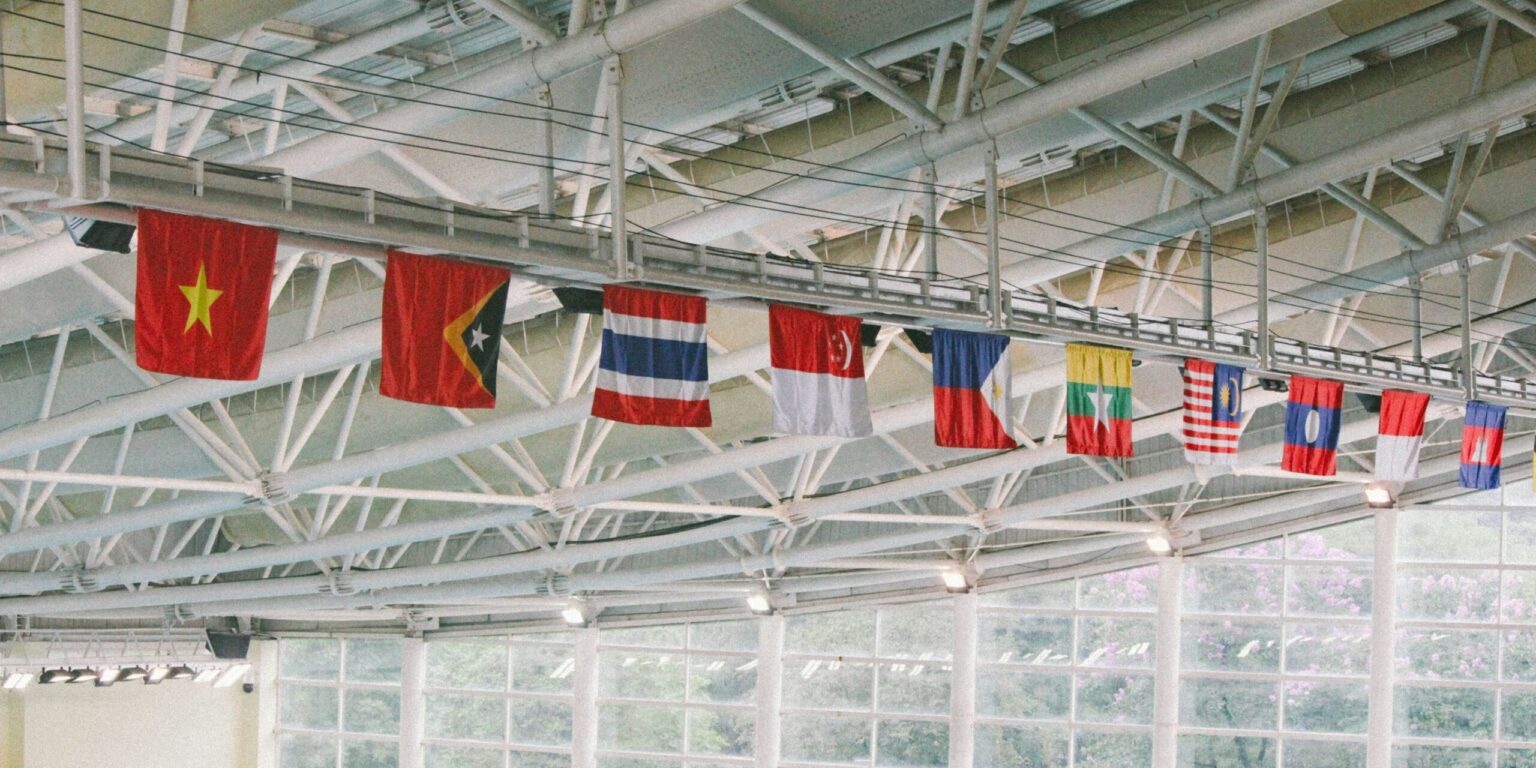Harvard University filed a lawsuit on May 23, 2025, challenging the Trump administration’s revocation of its authorization to enroll international students, a move that potentially affects over 7,000 visa holders and threatens the academic future of one of America’s most prestigious institutions.
The legal action, initiated in the U.S. District Court in Massachusetts, accuses the administration of violating constitutional protections and federal law through an abrupt decision that Harvard claims was politically motivated. The university is seeking a temporary restraining order to halt the Department of Homeland Security (DHS)’s enforcement of the revocation, which Harvard argues undermines both academic freedom and institutional autonomy.
Escalating Tensions with the White House
This lawsuit is the latest flashpoint in an increasingly fraught relationship between elite academic institutions and the Trump administration. The administration announced its decision on May 22, revoking Harvard’s certification under the Student and Exchange Visitor Program (SEVP) on national security grounds. The announcement came just days before international students were set to enroll in summer sessions, sending shockwaves through academic and diplomatic circles.
The administration cited concerns over the university allegedly hosting students with ties to foreign paramilitary organizations and failing to adequately monitor campus activities. DHS officials claimed that Harvard had not provided sufficient documentation when asked for detailed records regarding international student behavior and affiliations, including electronic communications and protest participation.
Harvard insists it complied fully with all information requests and that the administration’s claims are unsubstantiated and inflammatory. The university maintains that the DHS has not provided a legitimate basis for revoking its certification and asserts that the action was executed without proper administrative procedure.
Harvard’s President Responds
Harvard President Alan Garber denounced the decision as “unlawful and unwarranted,” emphasizing that it jeopardizes the lives and futures of thousands of students who contribute significantly to the university’s academic excellence and cultural vibrancy.
“This policy not only harms our institution but also the broader academic community and international relations,” Garber stated. “It contradicts the values of openness and inquiry that define American higher education.”
The university also highlighted that nearly a quarter of its student population is composed of international students who support crucial research initiatives, contribute to the economy, and represent a vital link between the United States and the global community.
National Implications and Political Overtones
Observers note that the lawsuit comes amid broader federal scrutiny of higher education institutions, many of which have faced accusations of political bias and insufficient action on campus antisemitism. Harvard itself recently saw the federal government freeze over $2 billion in funding, with demands to reform governance and hiring practices to ensure “viewpoint diversity.”
The administration’s critics argue that these actions represent an overreach designed to politicize educational oversight and punish dissenting academic voices. Harvard’s legal filing suggests the government is using immigration enforcement as a political weapon, an accusation that has stirred controversy among civil liberties advocates.
Meanwhile, Columbia University has faced separate federal investigations into its handling of antisemitism on campus, further illustrating the administration’s heightened focus on university policies and student behavior.
Legal Stakes and Academic Freedom
Harvard’s case could have profound implications for how universities manage international enrollments and respond to federal oversight. A ruling in favor of the administration might embolden further intervention into academic affairs, while a Harvard victory could reinforce institutional autonomy and academic freedom.
Experts warn that the dispute may also impact international perceptions of the United States as a destination for higher education, potentially discouraging top global talent from applying to American schools.
With hearings expected to begin within weeks, both the academic and legal communities are watching closely, recognizing the case as a landmark battle over the intersection of education, immigration, and national policy.
By Eliza Trent, Education Correspondent
